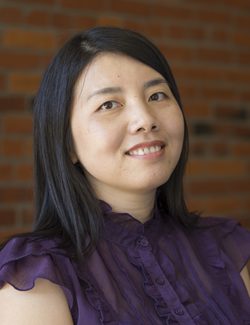People
Faculty
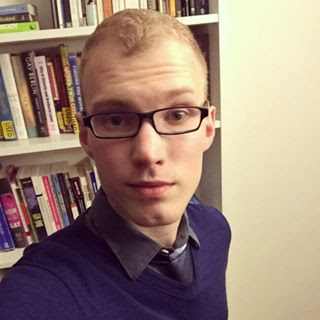
Connor Gilroy
Connor Gilroy is pursuing a PhD in sociology at the University of Washington. His research focuses on processes of community formation and change, and social visibility and acceptance of marginalized groups. In his research projects on gay neighborhoods and LGBTQ populations, he combines web and social media data with established data sources such as the US Census to investigate trajectories of neighborhood change, variations in prevalence of LGBTQ identity, and the micro-processes underlying changes in public opinion.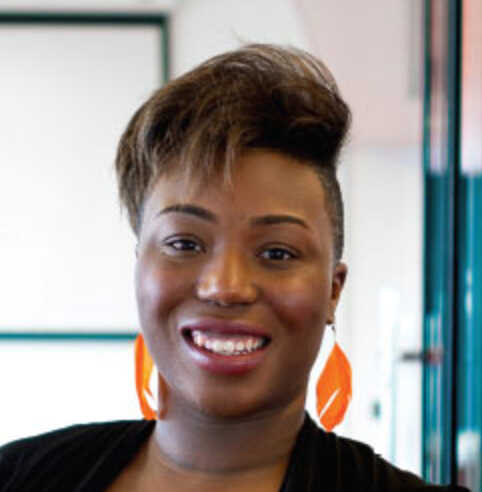
Bernease Herman
Bernease Herman is a data scientist and researcher at the University of Washington eScience Institute. Her research focuses on interpretable machine learning with work in fairness, accountability, and transparency. In her work, she collaborates with academic researchers, startups, and non-profits with applications of machine learning across domains. Bernease earned her BS in Mathematics and Statistics from the University of Michigan. She spends her time Olympic weightlifting, rowing, as well as hunting down simplified explanations and analogies for new concepts.Speakers
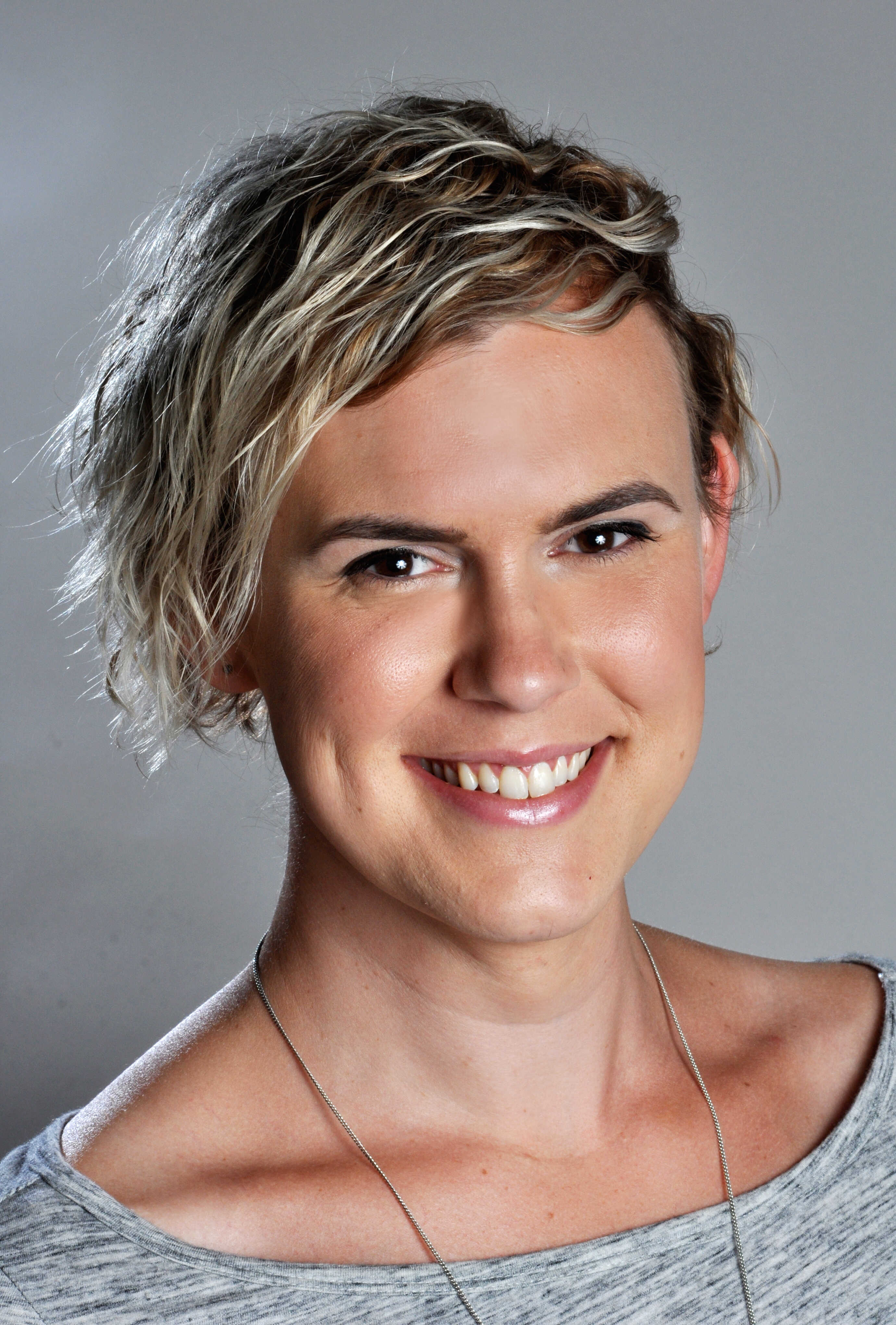
Anna Lauren Hoffmann
Anna Lauren Hoffmann is an Assistant Professor with The Information School at the University of Washington. Her research is situated at the intersections of data, technology, culture, and ethics, with particular attention to the ways in which the design and use of information technology can promote or hinder the pursuit of important human values like respect and justice. Her work has appeared in various scholarly journals like New Media & Society, The Library Quarterly, First Monday, and JASIST. Her writing has also appeared in popular outlets, including The Guardian, Slate, and the Los Angeles Review of Books. You can find out more at annaeveryday.com or follow her on Twitter at @anneveryday.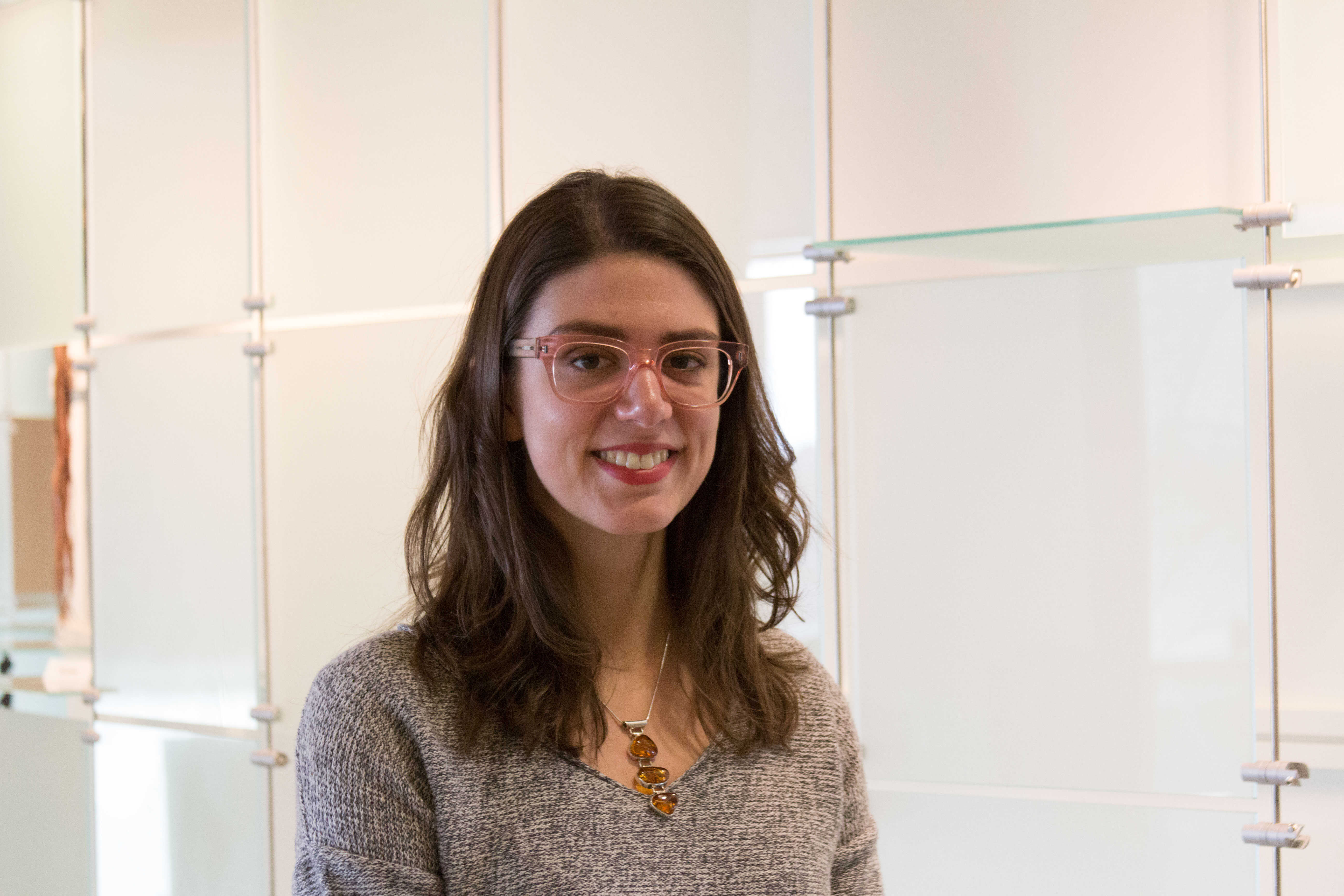
Nina Cesare
Nina Cesare holds a PhD in sociology from the University of Washington. She is currently a digital data researcher at the University of Washington's Institute for Health Metrics and Evaluation. Her work specializes in using statistical and machine learning approaches to leverage digital trace data as a means of answering social science questions. She has used digital data to explore a variety of topics, including health behaviors, inequality and mourning.Teaching Assistants
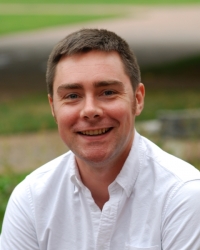
Chuck Lanfear
Chuck is a graduate student in the Department of Sociology whose interests lie in the application of novel statistical and computational methods to questions at the intersection of criminology, sociology, and demography. His research agenda focuses on exploring the emergent properties of human social behaviors embedded in dynamic environments. For example, his current projects broadly examine how demographic and built environment characteristics of places influence social control and situational opportunity to determine the distribution of crime in time and place.Participants
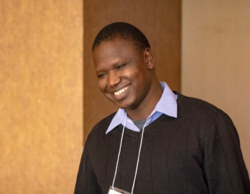
Didier Alia
Didier Alia is a postdoctoral research associate at the Evans School of Public Policy and Governance at the University of Washington. Didier is an agricultural economist with broad interests in rural and agricultural development. His research focus on technology adoption and household welfare, and the linkages between the non-farm economy and the transformation of rural spaces in developing countries. He holds a Ph.D. in Agricultural Economics from the University of Kentucky in 2017, a MSc in Statistics and Economics from ISSEA (Cameroon) and a MSc in Mathematics from the University of Abomey-Calavi (Benin). He is aspiring to use innovative computational social science tools in analyzing economic development questions.
Daniel Anderson
Daniel Anderson is a Research Assistant Professor in the College of Education at the University of Oregon. His research generally focuses on educational measurement and psychometrics, as well as evaluating differences in educational outcomes between schools (and sometimes classrooms within schools). He is particularly interested in how to best measure and evaluate the impact of features of the local community on these educational outcomes, specifically achievement gaps for marginalized groups.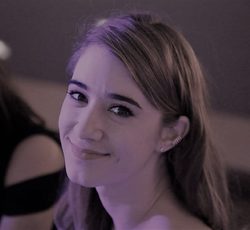
Alina Arseniev-Koehler
Alina is currently a graduate student at the University of California Los Angeles pursuing a PhD in Sociology. Substantively, her research interests include culture, cognitive sociology, language, and health and illness. Methodologically, she is interested in computational social science and machine-learning, with a focus on the computational analysis of language. Her Master’s research aimed to provide a cognitively plausible, computational account of the schemata activated by news reporting on obesity. Alina also enjoys learning and teaching new computational techniques and helps coordinate the Computational Sociology Working Group at UCLA.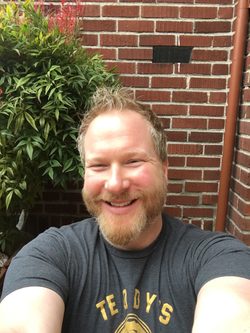
Mike Babb
Mike Babb is currently a Ph.D. candidate in the Department of Geography at the University of Washington. He is interested in the spatio-demographic variation in population processes such as mortality, segregation, and political representation with a particular focus on internal migration. Mr. Babb has over a decade of experience in working with GIS, large databases, and the statistical modeling and visualization of data. Mr. Babb has previously worked for the United States Census Bureau and several Seattle-based companies such as Zillow, Community Attributes, and Integral GIS. Most recently, he held research positions with the Center for Studies in Demography and Ecology and the e-Science Institute. Currently, he is an instructor in Cartography and GIS at the University of Washington.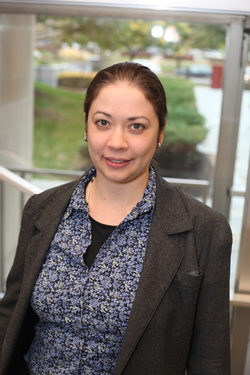
Kaylea Champion
Kaylea Champion is a PhD student in Communication at the University of Washington, where she is affiliated with the Community Data Science Collective. Her current research concerns underproduction in online public goods (knowledge and software that people want and need, but which is not being created) and the engagement of marginalized and minoritized people in peer production. Her methods are primarily quantitative and tend to focus on digital trace data. She has a professional background in IT and education, a degree in Critical and Creative Thinking from UMass Boston, in Computer Science from the University of Chicago, and in Near Eastern Languages and Civilizations from the University of Chicago.
Roxana Chiappa
Roxana is a PhD candidate in Higher Education at the University of Washington - Seattle. She is interested in unmasking how social and economic inequality gets reproduced at emerging economies, looking specifically at the career of doctorate holders, to whom she treats as the most meritocratic "intellectual elite" in the supposed "knowledge society". To complete this task, Roxana's dissertation has combined multiple sources of national surveys, qualitative interview, and CV data of university professors to identify how meritocratic criteria and social network ascription inform the career outcomes of university professors in Chile. In the near future, Roxana will apply similar methodology using data from Mexico and South Africa.
Gregg Colburn
Gregg is an assistant professor in the Department of Real Estate at the University of Washington. Gregg's scholarship focuses on housing policy, affordable housing, and homelessness. In his previous career, he worked as an investment banker and private equity professional. Gregg has a Ph.D. in public affairs from the University of Minnesota, an M.S.W. from the University of Minnesota, and an M.B.A. from Northwestern University.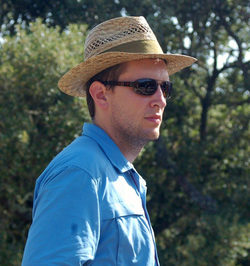
Jacob Deppen
Jacob is a PhD candidate in Anthropology/Archaeology at UW. His current work is centered on contextual analyses of consumption and entanglement during the Iron Age in Mallorca, Spain. As a member of the Digital Archaeology Research (DigAR) Lab, he is interested in advancing the use of digital technologies and information in archaeology. This includes things like writing code to speed up or automate data analysis, creating novel data visualizations, designing mobile apps, and exploring ways that digital technologies can help archaeologists ask new questions, develop new methods, and generally do better research.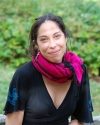
Francisca Gomez Baeza
Francisca is a PhD student in Sociology at University of Washington. She holds a Master’s degree in Public Policy and Bachelor’s degree in Psychology. Her work has focused mostly on criminology and social control, from an interdisciplinary perspective. Currently, she is studying support for mob violence in Chile using survey data and digital data. She is also broadly interested in critical data science, critical theory, deviance, punishment, feminism, and political economy. Geographically, her main interest is in Latin America in particular, and in the Global South in general.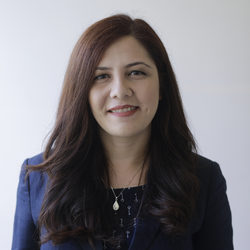
Kristi Govella
Kristi Govella is an Assistant Professor in the Asian Studies Program at the University of Hawaii at Manoa. As a political scientist, she uses mixed methods approaches to examine the intersection of comparative politics and international relations in Asia, with a particular focus on Japanese politics, corporate lobbying, regional institutions, and the relationship between economics and security. Her publications include Linking Trade and Security: Evolving Institutions and Strategies in Asia, Europe, and the United States (2012). She holds a Ph.D. in Political Science from the University of California, Berkeley.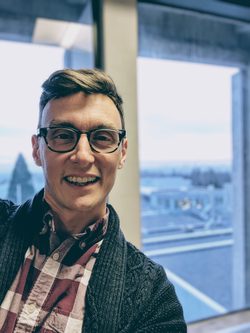
Vincent Hopkins
Vince is a PhD student in Political Science at Simon Fraser University. He specializes in legislative studies, research methods, and interest group lobbying. His dissertation uses data science to generate new knowledge about how interest groups interact with and influence politicians.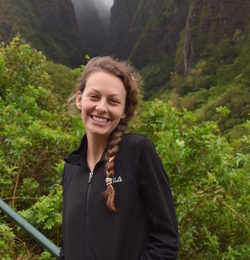
Holly Hummer
Holly is a PhD student in sociology at Harvard. She studies career and family decisions-making processes using both qualitative and quantitative approaches. She is particularly interested in investigating the use of computational text analysis techniques on interview data.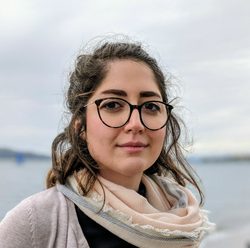
Parastoo Jabbari
Parastoo is a PhD student in Transportation Engineering at University of Washington. She works as graduate research assistant in Sustainable Transportation Lab. Her topics of interest are energy, environmental and equity aspects of transportation systems with secondary interest in data science. Her research has focused on data collection and behavioral modeling activities of the connected & automated vehicles and understanding how increasing levels of vehicle automation could affect residential location choices and travel demand.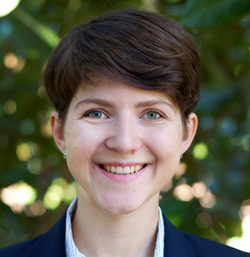
Ekaterina (Katya) Jardim
Ekaterina (Katya) Jardim is a Post-Doc at the Evans School of Public Policy & Governance, University of Washington, where she is working on Seattle Minimum Wage Study. Katya is a labor economist with research focus on local labor markets, labor demand and job search, and expertise on employer-employee matched data. She holds a Ph.D. in Economics from Duke University and a M.A. in Economics from the New Economic School. In August 2018, Katya Jardim will be joining Amazon.com as an Economist.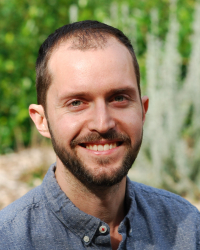
Ian Kennedy
Ian Kennedy is a PhD student in Sociology at the University of Washington, where he studies race and gender using new data and experimental methods. His current work uses Craigslist rental housing listings to examine processes of racial segregation in Seattle. He received his BA from Earlham college in History in 2008, and an MA in experimental humanities from NYU in 2017. He is a recipient of the Clarence and Elissa M. Schrag Graduate Fellowship from the University of Washington.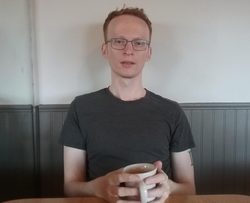
Charles Kiene
Charles Kiene is a social computing researcher and MA / PhD student in the University of Washington's Department of Communication. His work investigates organizational behavior and communication of online communities and gaming teams. He is aspiring to become a mixed methods researcher, combining interview and ethnographic data with computational data to answer social scientific questions from all possible angles.
Savannah Larimore
Savannah is a graduate student in the Department of Sociology at the University of Washington. Her research focuses on the intersection of race, place, and health in the United States with an emphasis on race. Her current research projects investigate how alternative measures of race, including observed race, correspond to health disparities within conventional, self-identified racial and ethnic groups. She is also working on various independent and collaborative research projects on the social determinants of racial and ethnic health disparities. Savannah enjoys traveling, camping, yoga, tennis, and taking advantage of the many restaurants in Seattle.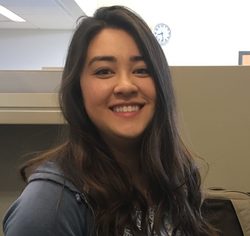
Sara Blalock Ng
Sara Blalock Ng is a PhD student in the Department of Linguistics at the University of Washington. Prior to coming to UW, she was an undergraduate in Applied Mathematics and Linguistics at the University of Utah. Her research interests are varied issues in Natural Language Processing, especially computational phonology. She is focused on text-free language processing and processing in low-resource languages. Her current research concerns semantic representations of kinship in spoken dialogue.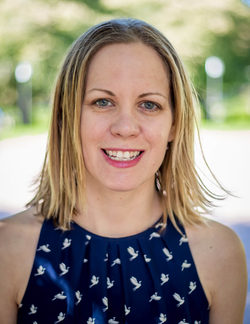
Katy Pearce
Dr. Katy E. Pearce is Assistant Professor in the Department of Communication at the University of Washington and holds an affiliation with the Ellison Center for Russian, East European and Central Asian Studies. Her research focuses on social and political uses of technologies and digital content in the transitioning democracies and semi-authoritarian states of the South Caucasus and Central Asia, but primarily Armenia and Azerbaijan.Nandana Rao
no bio.Suzanne Spencer
no bio.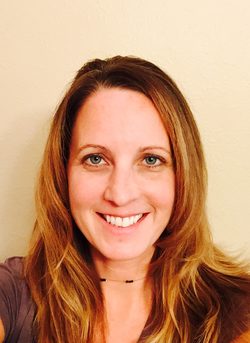
Sondra Stegenga
Sondra Stegenga MS, OTR/L, M.Ed. is a Ph.D. Candidate and Graduate Research Assistant for the University of Oregon Special Education – Early Intervention program. She holds a Bachelor of Science in behavioral science, Master of Science in occupational therapy, and a Master of Education in educational leadership – special education administration. Her research focuses on early assessment and intervention, research to practice - implementation science in early intervention systems, and early social emotional development and mental health related to school readiness and long-term outcomes. She has been studying the use of big data and non-traditional data sources related to early childhood and early intervention systems with particular attention to ethical use of large scale data in underrepresented and vulnerable populations.